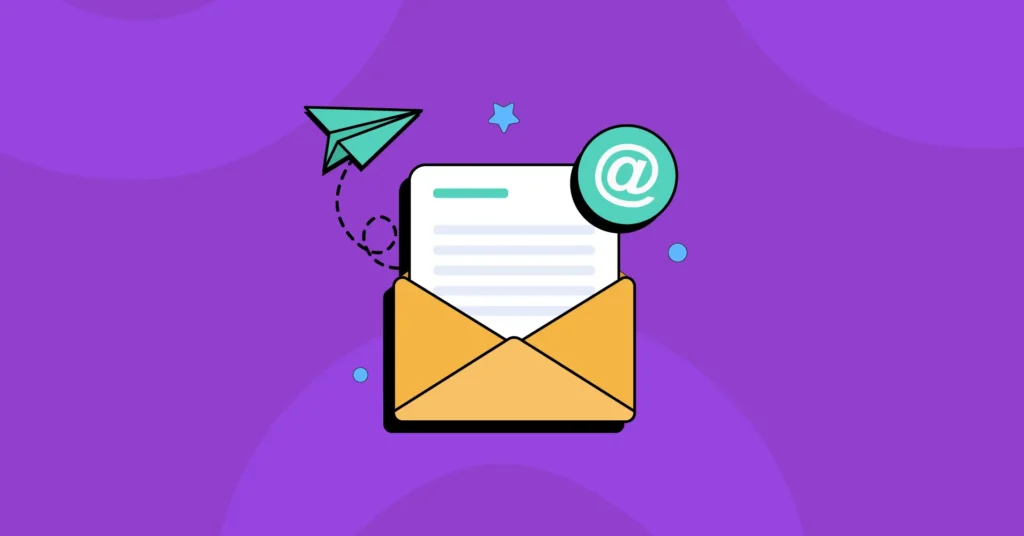Email marketing remains an indispensable tool for businesses striving to connect with their audience, boost brand awareness, and foster customer loyalty. By crafting well-structured and timely email campaigns, companies can build strong relationships and drive sales effectively.
The Essence of Email Marketing
Email marketing is the strategic practice of sending targeted communications to individuals to inform, engage, and persuade them about products or services. It serves as a direct and personalized channel between businesses and consumers, enabling meaningful interactions that strengthen brand-consumer relationships and enhance customer retention.
The Evolution of Email Marketing
Email marketing has undergone significant transformation, evolving from mass, generic messaging to highly personalized content delivery. Thanks to advancements in technology, businesses can now segment audiences based on factors such as demographics, purchase history, and engagement levels. This targeted approach allows for more relevant messaging, improving engagement and conversion rates.
Advantages of Email Marketing Automation
Integrating automation into email marketing offers several benefits:
- Operational Efficiency: Automated workflows streamline the process, reducing manual effort and saving valuable time.
- Enhanced Personalization: Automation tools dynamically insert personalized content, making messages more relevant and engaging.
- Scalability: Businesses can manage high email volumes while maintaining consistency and quality.
- Data-Driven Insights: Automated platforms provide robust analytics to measure campaign performance and optimize strategies.
Best Practices for Effective Email Marketing
To maximize the impact of email marketing efforts, businesses should adhere to the following best practices:
- Develop a High-Quality Email List: Focus on organically growing a list of subscribers who have actively opted in.
- Craft Attention-Grabbing Subject Lines: The subject line serves as the first impression—make it engaging and reflective of the content inside.
- Leverage Personalization: Use recipient data to tailor messaging, ensuring relevance and higher engagement.
- Optimize for Mobile Responsiveness: Ensure emails are designed to be mobile-friendly and display properly on all devices.
- Regularly Test and Analyze Performance: Conduct A/B testing on subject lines, content, and calls-to-action to refine strategies and enhance effectiveness.
Leveraging Technology for Email Marketing Success
The right tools can significantly amplify the effectiveness of email marketing campaigns. Platforms offering user-friendly interfaces, customizable templates, AI-powered personalization, and real-time analytics empower businesses to execute campaigns efficiently and track their success with precision.
Conclusion
Email marketing continues to be a cornerstone of digital marketing strategies. By embracing automation, implementing best practices, and utilizing advanced tools, businesses can create compelling campaigns that resonate with their audience and drive meaningful business results. A well-executed email marketing strategy not only strengthens customer relationships but also ensures long-term brand loyalty and revenue growth.



